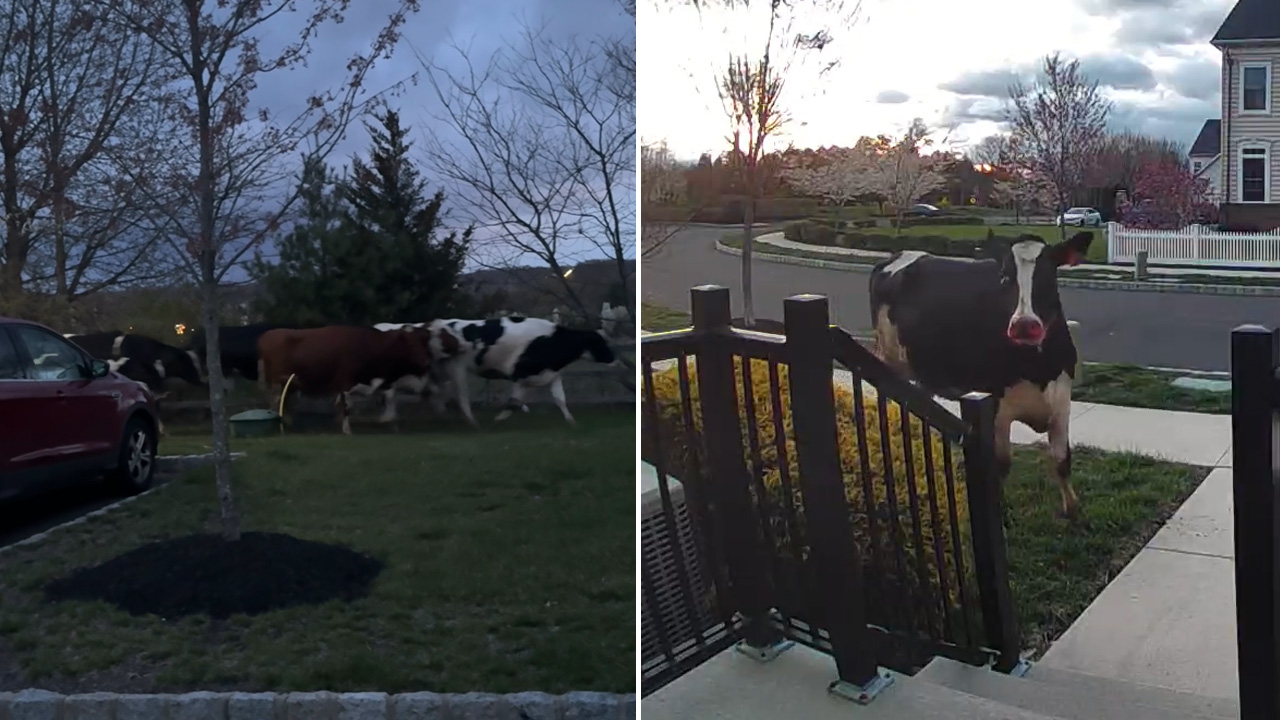Legacy of entertainer, activist Paul Robeson continued in West Philadelphia

PHILADELPHIA (WPVI) -- The legacy of world-renowned entertainer and political activist Paul Robeson lives on in West Philadelphia, where he spent the last few years of his life.
Robeson, a controversial figure at times, was known around the world for his deep singing voice. He was notably remembered for his performance in Show Boat, a popular 1930's musical, which has been video million times online.
"He was one of the greatest singers and entertainers in the world," said Vernoca Michael, executive director of the Paul Robeson House and Museum in West Philadelphia.
Born in 1898, the New Jersey native broke barriers and skyrocketed to fame.
Robeson, son of a runaway slave, had a number of accomplishments.
He was the third black student to attend Rutgers University and its first black football player.
Robeson went on to not only become a renowned entertainer, but also an outspoken activist.
"He's the quintessential father of the Civil Rights movement," Michael said.
Michael said she grew up across the street from the Robeson house at 50th and Walnut in West Philadelphia.
"I called him Uncle Paul because that's how I grew up knowing him, as my Uncle Paul," Michael said.
The home is where Robeson retired and lived the last decade of his life until he died in 1976.
Michael and others worked tirelessly to raise thousands of dollars to pay off the mortgage and celebrated the accomplishment during a mortgage burning ceremony last month.
Robeson supporters say they have more goals to accomplish with preserving his legacy and will be enlisting help from the community.
Robeson's career had its ups and downs.
The FBI tracked him during the rise of the Cold War until the end of his life over concerns about his close friends in the communist party.
"In 1950, Paul and Eslanda Robeson's passports were canceled. Paul made a lot of his income doing international singing tours," said Christopher Rogers of the Paul Robeson House & Museum.
Rogers says he's a Ph.D. candidate at the University of Pennsylvania and has compiled hundreds of pages of the FBI's surveillance on Robeson.
"He was definitely blackballed, but throughout that same time he stood boldly on his ideals," Rogers said.
Robeson's legacy now lives on through the controversy.
A huge mural of Robeson overlooking 45th and Chestnut in West Philadelphia is large in size, just like the magnitude of his influence over time.






